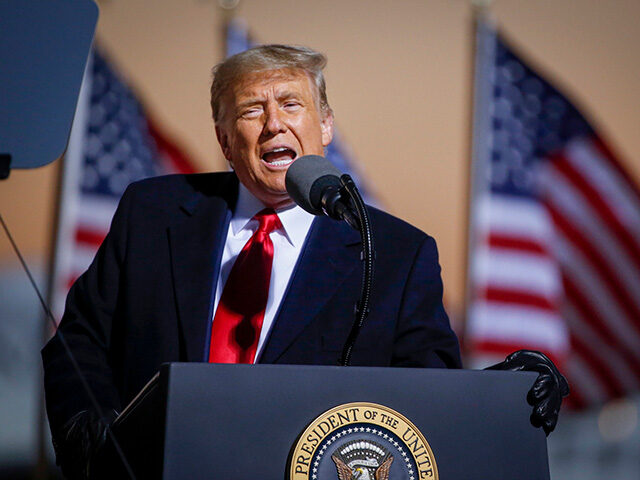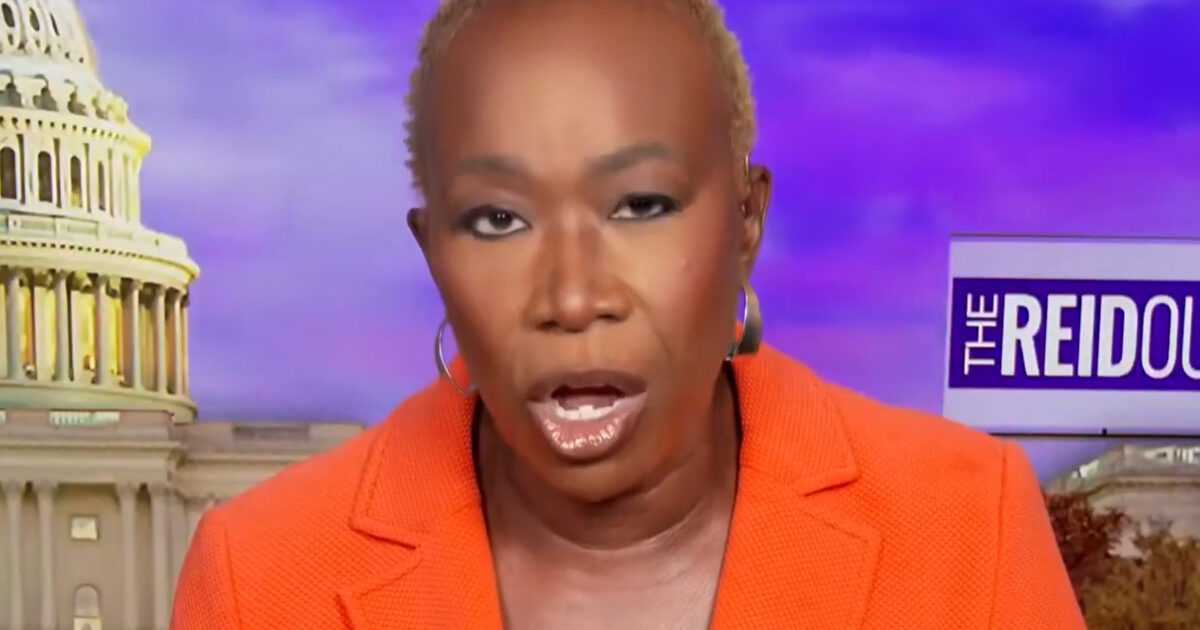Gun laws have once again become a contentious topic in Michigan, as state Democrats push forward with legislation that many see as infringing on Second Amendment rights. Despite a Supreme Court ruling affirming the right to carry concealed weapons, Democrats in Michigan’s state Senate are advancing a series of anti-gun bills. Among these is a proposal to ban bump stocks, devices that accelerate a firearm’s firing rate.
Senate Bill 224, introduced by Democratic state Sen. Dayna Polehanki, seeks to outlaw the sale or possession of bump stocks. Polehanki argues that these devices have no place in civilian hands, stating, “Destructive weapons of war should never have a place in our communities.” She emphasizes that bump stocks are not for sport or self-defense but are designed to inflict harm rapidly.
In addition to the bump stock ban, two other bills target “ghost guns,” which are firearms lacking serial numbers. Senate Bill 331 and Senate Bill 332 aim to prohibit the sale and possession of these untraceable weapons. Another pair of bills seeks to expand gun-free zones, extending the current carry ban to include more government buildings.
The proposed legislation has been met with fierce opposition from gun rights advocates, who argue that these measures infringe upon constitutional rights. Democratic state Sen. Sue Shink criticized these advocates, accusing them of spreading fear and violence. Shink dismissed the arguments of Second Amendment supporters as “bulls–t,” reflecting the heated nature of the debate.
Tom Lambert, legislative director at Michigan Open Carry, warns of potential constitutional challenges if the bills become law. He highlights concerns over both Second and Fifth Amendment violations. Lambert contends that the legislation would unlawfully confiscate or devalue legally owned firearms.
Lambert points out that requiring serial numbers on previously unmarked “ghost guns” could diminish their value. This, he argues, amounts to a government taking under the Fifth Amendment. The concern is that law-abiding gun owners would suffer financial loss without just compensation.
Proponents of the bills argue that they are necessary for public safety, aiming to curb gun violence and enhance community security. However, critics maintain that these measures do little to deter criminals, who are unlikely to follow gun laws. Instead, they believe the laws would only burden responsible gun owners.
Among those opposing the legislation are members of various gun rights organizations, who vow to challenge the bills in court if passed. They argue that such laws set a dangerous precedent and undermine fundamental American liberties. The debate highlights a deep divide between those prioritizing safety and those emphasizing individual rights.
This legislative push in Michigan is a microcosm of the broader national debate on gun control. The clash between proponents of stricter gun laws and defenders of the Second Amendment continues to shape political discourse. As each side digs in, reaching a consensus seems increasingly elusive.
Advocates of gun rights argue that personal protection and self-defense are paramount. They emphasize the importance of responsible gun ownership and training to prevent accidents and misuse. Meanwhile, gun control supporters focus on reducing the availability of high-capacity weapons and enhancing background checks.
The tension in Michigan reflects a larger trend, where states individually navigate the complex landscape of gun legislation. With federal action stalled, state governments become battlegrounds for these ideological conflicts. The outcome of Michigan’s legislative efforts could influence similar debates across the nation.
Despite the controversy, one thing remains clear: the conversation around gun laws is not going away. As lawmakers continue to grapple with these issues, citizens on both sides remain deeply passionate about their views. The future of gun legislation in Michigan, and indeed the country, hangs in the balance.
While Democrats push for change, Republicans and gun rights advocates prepare for a legal showdown. Each camp remains steadfast in their beliefs, unwilling to compromise on what they see as fundamental rights and protections. As the debate unfolds, Michigan finds itself at the center of a national conversation.




Why don’t you assholes learn what a bump stock really does before you show how stupid you really are. How do these people try and write laws when the don’t even know what they are talking about. This is why democrats are being rejected all over American cities because you can’t fix stupid. If you don’t know what you’re talking about then how do you make any laws. democrats stupidity at it again.